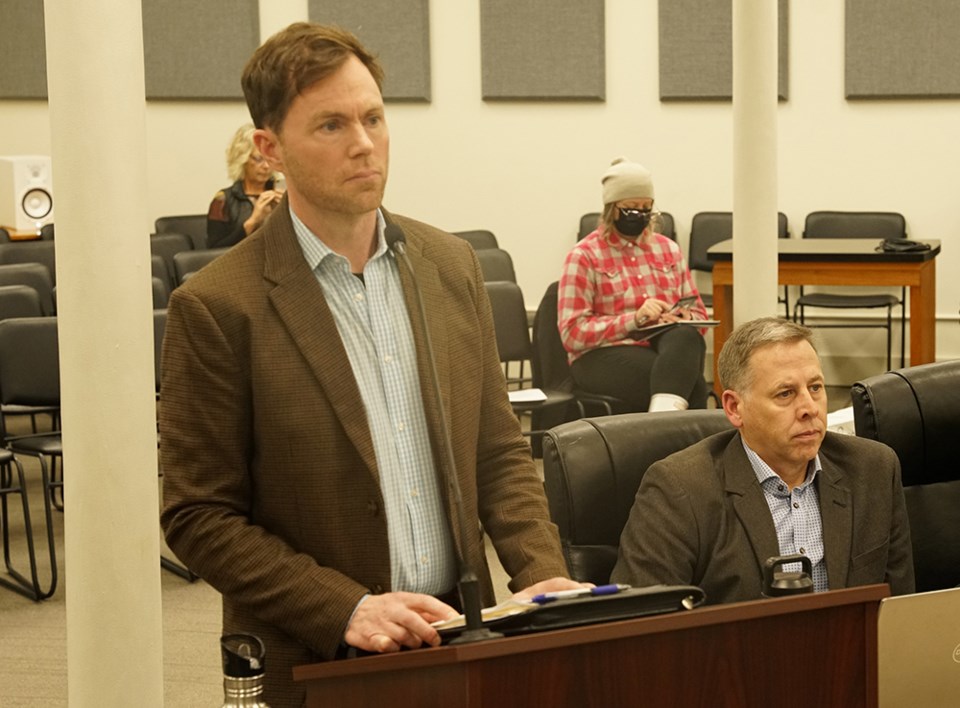City of Powell River staff will prepare a detailed cost-benefit analysis for reducing greenhouse gases (GHG) in civic buildings.
At the December 19 committee of the whole meeting, chief administrative officer Lisa Bhopalsingh said the staff report councillors had related to the matter provided an update on a greenhouse gas study funded by the Federation of Canadian Municipalities, providing councillors the results of that study, and looking at different pathways for the city to reduce its corporate greenhouse gas emissions.
She said the second purpose of the report was to get councillors’ direction for a staff internal cost-benefit analysis, looking at the study and the three recommended pathways, so staff can come back to council to look at recommendations.
Councillor Rob Southcott said he appreciated the report from the consultants.
“It’s really great to see this work come back,” said Southcott. “It relates to the letter we got with all the points suggesting things we could do from the last climate change mitigation and adaptation committee.”
Southcott said it was great to learn that the heat transfer project at Powell River Recreation Complex is underway. He said there wasn’t much focus on the cost savings for all the work, which the city has realized in a big way with previous work that has been targeted at carbon emissions reduction.
“We’ve saved all sorts of money and it’s referred to in the staff and consultant’s report, but it isn’t featured, and I am wondering if we can get an idea of expectations going forward?” asked Southcott.
Director of planning services Jason Gow said Southcott should expect that information coming back from city staff in a detailed cost-benefit analysis.
“It’s going to come down to city staff, looking at our understanding of operations and how we can manage that as well,” said Gow.
Mayor Ron Woznow said staff had done an excellent job of providing background information. He made a motion that council receive, for information only, the GHG emissions reduction pathways feasibility study prepared by Prism Engineering, and that council direct staff to prepare a detailed cost-benefit analysis for the three recommended pathways associated with implementing the study.
Woznow said this is an excellent opportunity for the public to get a good understanding of what the positive impacts would be on Powell River. He said the key questions will be: what is the cost and what are the benefits?
“This is prepared very well in order to talk to the public,” added Woznow.
The motion carried unanimously.
According to a staff report, the key projects identified in the study are the recreation complex heat recovery, city hall heating upgrade and Dwight Hall heating upgrade. The report stated that the recreation complex heat recovery project will reduce the city’s overall corporate greenhouse gas emissions by 55 per cent once completed.
Join the Peak's email list for the top headlines right in your inbox Monday to Friday.



